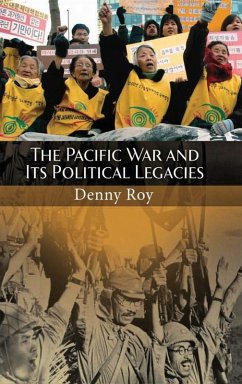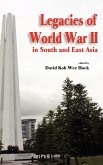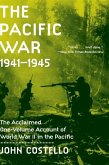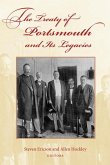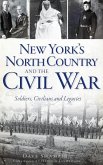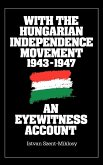Competition among the national myths of the Pacific War held by the various countries of Northeast Asia and by the US about the Pacific still rages in the international politics, even while accurate understanding of what actually took place in that war has largely faded. Unresolved wartime grievances continue to constrain, distort, and embitter bilateral relationships, erupting over such issues as the Yasukuni Shrine, Japanese history textbooks, the Nanjing Massacre, the comfort women, how to remember the atomic bombs, and the US military bases on Okinawa. The first part of The Pacific War and Its Political Legacies recounts as straightforwardly and impartially as possible the trains of events of the Pacific War that continue to vex international relations in Northeast Asia. This summary historical narrative provides the reader with enough backstory to challenge the reader's own assumptions and to judge the veracity and balance of other competing national interpretations of the war. This second part of The Pacific War and its Political Legacies explains: the origins of contending interpretations of the war; how those interpretations have led to the positions and policies of postwar governments and societal groups on issues directly related to the war; and how the domestic and international political interests of successive postwar governments and factions have shaped the interpretations that are selected by national elites for inculcation by the national educational, political, and media systems under their control. Dr. Roy teases out the ambivalent roles of national elites as prisoners and inventors of history, constrained to reaffirm received national myths of the Pacific War while dynamically altering them to suit current political purposes.
Hinweis: Dieser Artikel kann nur an eine deutsche Lieferadresse ausgeliefert werden.
Hinweis: Dieser Artikel kann nur an eine deutsche Lieferadresse ausgeliefert werden.

